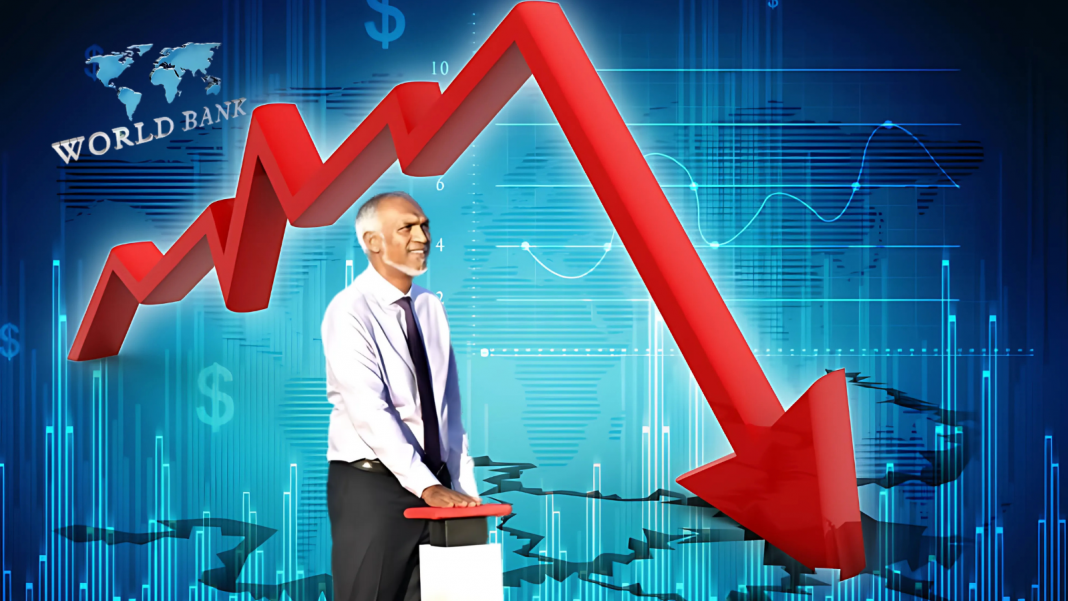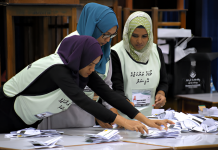The World Bank has sounded the alarm about the Maldives, highlighting serious economic issues that need immediate attention. In its recent economic update, the World Bank emphasizes that the country is grappling with significant external and fiscal vulnerabilities that call for comprehensive economic reforms.
According to the report, the Maldivian economy showed some growth in the first half of 2024, with year-on-year increases of 7.7% and 4.5% in the first and second quarters, respectively. A significant boost came from the tourism sector, which saw an impressive 8.5% growth during this period. While these figures seem promising, they mask deeper underlying problems.
Inflation has remained low at 0.5% in the first half of 2024. However, food prices have surged by 6.7% compared to last year, putting additional pressure on households. The escalating public debt and high government spending—particularly in public sector investments and subsidies—are cause for concern. Although the fiscal deficit reportedly decreased in the first quarter of 2024, this doesn’t reflect the payment delays affecting crucial sectors like healthcare and construction.
Moreover, foreign exchange reserves have fallen alarmingly from $590.5 million at the end of 2023 to just $443.9 million in August 2024, enough to cover only 1.5 months of imports. This decline is coupled with rising public debt, which now stands at 116.5% of GDP, up from 110.4% a year earlier. Despite some contributions to the Sovereign Development Fund, the current balance of $65 million is inadequate to meet increasing financing needs. Risks from loans, trade payables, subsidies, and state-owned enterprises (SOEs) continue to loom large.
To address these fiscal and external imbalances, comprehensive economic reforms are urgently needed. Although the government proposed a fiscal reform plan in February 2024, there has been limited progress in implementing it. While endorsing the Medium-Term Revenue Strategy is a step in the right direction, it is clear that more urgent actions are necessary. This includes reducing public investments, phasing out subsidies, improving the efficiency of health spending, and reforming SOEs to lessen the state’s economic footprint.
David Sislen, the World Bank’s Regional Country Director for the Maldives, Nepal, and Sri Lanka, pointed out that while the Maldives has made remarkable strides toward its development goals, safeguarding these achievements hinges on tackling current fiscal challenges. Efficient public spending, coupled with timely expenditure reforms and targeted social support, is essential for resilience against rising economic pressures.
The report also highlights the significant climate risks facing the Maldives. Sea-level rise and coral reef degradation could severely hinder economic growth, with projections suggesting a potential reduction in GDP by as much as 11 percentage points by 2050 in a worst-case scenario. Investment in climate adaptation and renewable energy can play a crucial role in mitigating these impacts and boosting long-term growth.
While the Maldives has shown resilience in certain areas, the urgent need for economic reforms cannot be overstated. Without decisive action to address these vulnerabilities, the country risks undermining the progress it has made in recent years. It is high time for the government to prioritize these reforms to ensure a stable and prosperous future for all Maldivians.


















